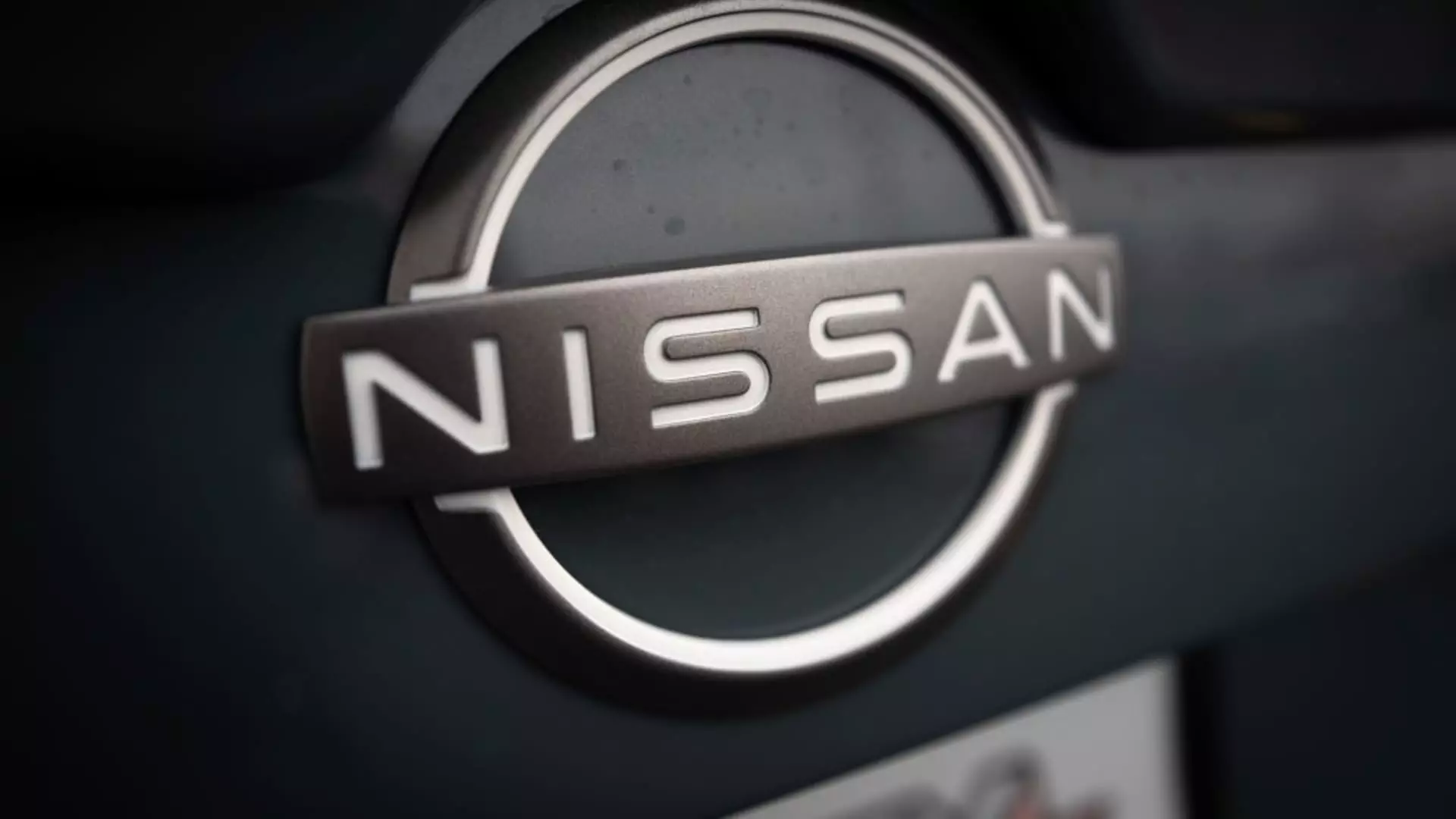Nissan is gearing up for a drastic restructuring that is as alarming as it is indicative of broader issues in the automotive industry. Sources suggest that the company is contemplating the closure of two historic assembly plants in Japan, among several key factories worldwide, including sites in Mexico, South Africa, India, and Argentina. This bold move follows a wave of announcements regarding significant cost reductions, amounting to a staggering 15% decrease in its workforce and a plan to slash the number of operational plants from 17 to just 10 globally. The question is not merely about Nissan’s immediate financial health; it raises an uncomfortable reality regarding the company’s long-term vision and commitment to its roots.
The stark potential closures of the Oppama and Shonan plants in Japan mark an unsettling seismic shift in a company that for decades took pride in its domestic manufacturing capabilities. The Oppama plant, launched in 1961, holds historical significance not just for Nissan but for Japan’s automotive identity. It was the birthplace of the beloved Leaf, a pioneer in electric vehicle production. Shutting down these facilities suggests a disregard for this legacy—an alarming trend that reflects the pressures of globalization and profit margins over national pride.
The New CEO’s Radical Approach
New CEO Ivan Espinosa is making waves with a strategy that starkly contrasts his predecessor, Makoto Uchida, who seemed committed to maintaining and potentially expanding Japan’s production facilities. Uchida’s vision was rooted in growth and stability, yet Espinosa’s aggressive moves suggest a growing urgency to realign the company with profit-driven mandates. This shift parallels a broader industry trend in which traditional automakers are forced to make tough choices amidst declining sales figures—in Nissan’s case, a sobering 42% drop since fiscal year 2017.
While some analysts might argue that closing plants is a necessary evil in an era defined by economic uncertainty, one can’t ignore the harmful optics. The thought of jettisoning local jobs for more profitable ventures abroad feels like a slap in the face to dedicated workers and loyal customers alike. Nissan’s commitment to transparency, as reiterated in their statements, seems somewhat hollow in the wake of such drastic choices that betray trust in the community and amongst stakeholders.
Global Plants and the Fight for Profitability
The decision to cut down operations not only affects local employment but also reverberates through the international market. The potential closure of factories in diverse regions such as Mexico and South Africa signals a larger strategy—pruning costs to ensure survival in a landscape battling electric vehicle competitors and economic shifts. Furthermore, consolidating production for models like the Nissan Frontier and Navara may yield short-term gains, but at what cost? Reducing operational capacity globally raises questions about Nissan’s ability to meet future demand and compete effectively in emerging markets.
Moreover, the sale of Nissan’s stake in the joint venture with Renault signals potential disloyalty to former partners and hints at a desire to forge a more independent path. However, such moves could backfire if they alienate consumers who value both heritage and collaborative innovation. As much as Espinosa’s direction seeks to shore up finances, it risks sacrificing the collaborative spirit that has characterized automotive advancements for decades.
Nissan’s potential downsizing represents more than mere numbers; it encapsulates a moment of existential reckoning. The struggle between maintaining national pride in manufacturing and adapting to the rapidly changing global market is palpable. The company’s historical plants, once beacons of innovation and legacy, now face an uncertain future, caught in a deluge of modernization and financial expediency. Nissan stands at a crossroads, and the decisions made in the coming months could define not only its future but also its standing in an industry increasingly dominated by agile competitors unafraid to redefine the market landscape.


Leave a Reply